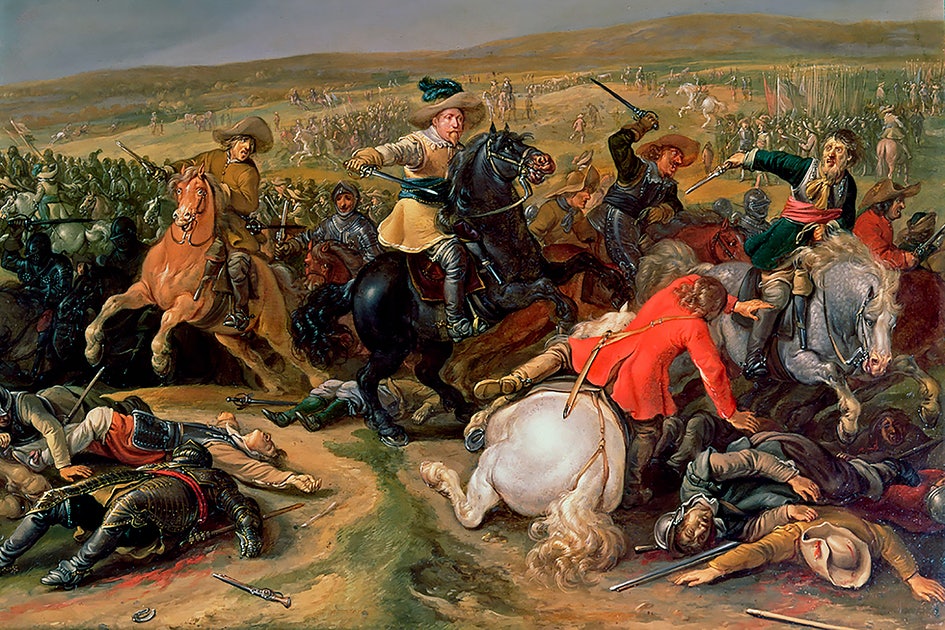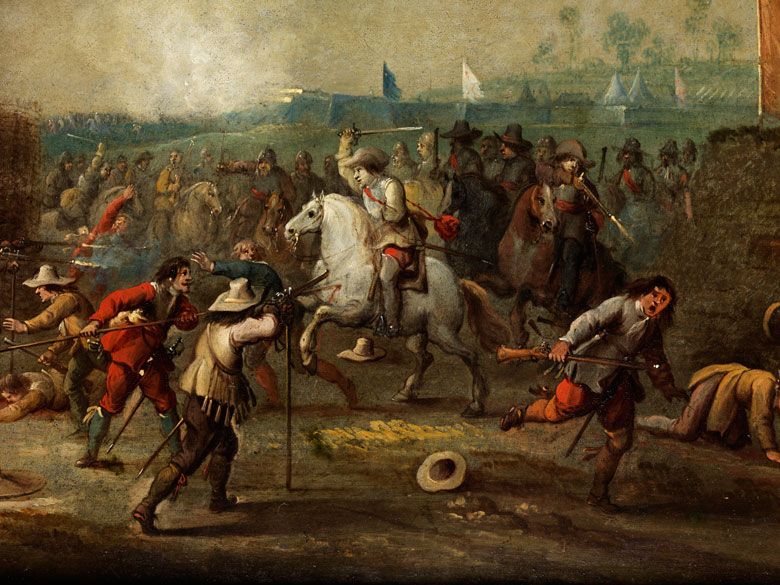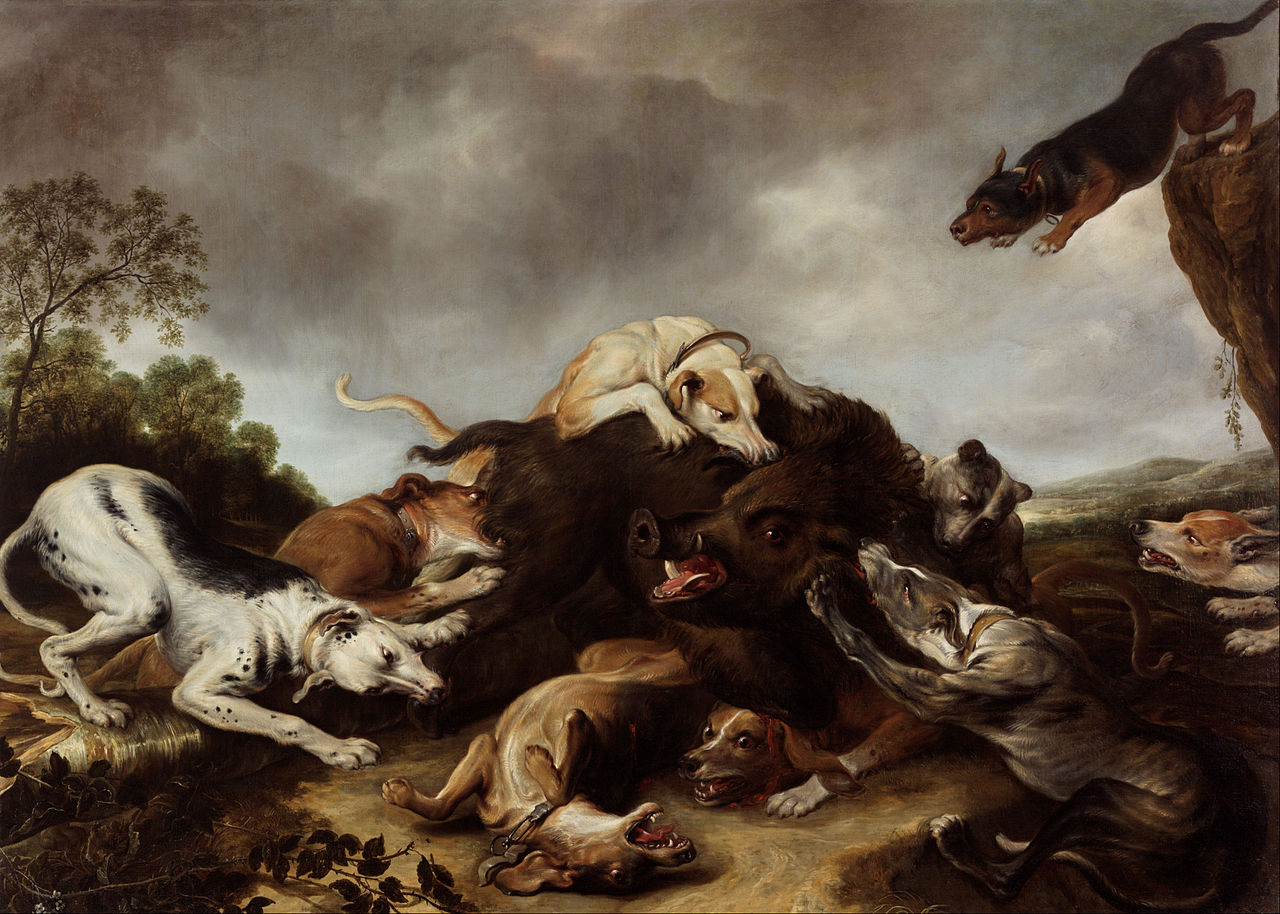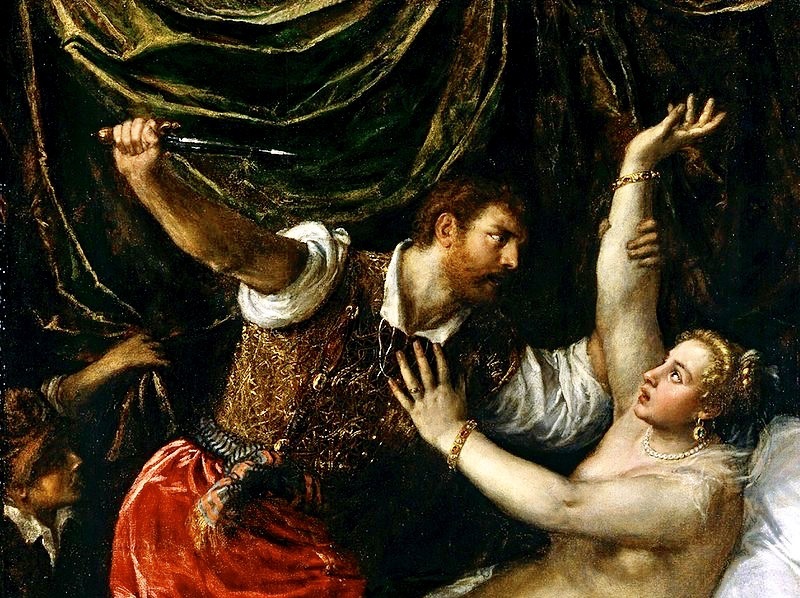
|
|
|
|
|
|
|
|
||||||||
Aspects of the personality: Violence
It is the most noticeable aspect of Philippe's personality, highlighted and deprecated by the various characters who depict the Marquis to Angélique, and then widely experienced by the protagonist herself. Philippe's violence has to do on the one hand with his aggression, and is therefore impulsive, disorderly, irrational, but other times it is premeditated and intentional, the result of lucid hatred: Philippe wants to be evil.
|
Already in the first meeting with 15-year-old Philippe, little Angélique, who allows herself to raise her voice to her cousin to defend the dignity of her family, is insulted and slammed into the side of the stairs by the "already manly force” of the boy. Yet Philippe's nature is not nasty, the old Swiss mercenary Guillaume Lützen immediately realizes this and he says to Angélique: "Your cousin Philippe is neither wicked nor cowardly. A little young, that’s all. "
But his life experiences and the environment that surrounds him will do nothing but accentuate his behaviours of vebal and physical violence, already present in early adolescence.
In the scene of the "Red Mask" inn, that is, at her first impact with Philippe as an adult, Angélique does not recognise him and doesn't see him clearly in action, although later she will be certain that it was him who had hit the nape of her neck and knocked her over on the table to allow the group to rape her. Even though the murderers are others, Philippe is however present at the double infamous murder, and it is not said that it was an isolated case. The portraits of him made by the various acquaintances of the heroine, whom she asks persistent and interested questions, are all disturbing: behind the charming appearance of the blond courtier, of the elegant worldly man, a bit fatuous and frivolous, a "brute" hides, a perverse and beastly being, mainly towards women. Philippe does not seem to conceive love, or rather sex, which are the same for him, separated from brutality and overpowering. A violent reputaion
Physical violence against women was not uncommon at the time, during the war it was on the contrary the ordinary practice, considered one of the inevitable side effects of wars. In the first volume of the saga Fantine asks the old mercenary Guillaume Lützen: “How many such pretty bellies did you run through with your pike […]?How many cottages did you smoke out, shutting the door on entire families to be roasted inside? Didn’t you ever string up poor country folk? So many that the branches of the trees broke under the load. And didn’t you rape women and girls till they died of shame? ". “Just like the rest of them, my good woman. That’s a soldier’s life. That’s war.”, replies old Guillaume. Fantine then relates her personal harrowing experience, during the period of Cardinal Richelieu's war against the Huguenots. Although Catholic and, therefore, supposedly not involved in the conflict, she was raped during the passage of the royal troops. She named his son Jean-la-Cuirasse (Jean-the-Cuirass) in memory of the cuirasses of those devils by whom she had been raped and one of whom was Jean's father. Fantine is sure that the life of Angélique and of her little sisters will one day experience war, misery, fright. A practically identical picture will be depicted in a following volume by the Hungarian Ragotzkij, regarding the wars in his country. Philippe also assumes violent behaviour against women during the war as a result of victory, says the steward Molines, "in the way he would set fire to a house or run his sword through a child’s belly ... to do evil." It is awful, but it is an act of war, of the war in all times. The King considers this conduct blameworthy because Philippe is a commander of the French army and he wants France to be a model of civilization and not to be accused of barbarism. Marie-Agnès will confirm to her sister the information circulating about “the handsome Plessis". And one gets the impression that the Queen's uninhibited damsel knows a lot about it. She says that Philippe rapes the women he dates, and says this with an involved air, strongly advising her sister not to be interested in the Marquis. Nevertheless, despite the worrying reputation, women fall at his feet and relentlessly woo him, not giving up until they have ended up in bed with him. Except then to bitterly regret it. Ninon de Lanclos confesses to Angélique that she was attracted to "that hard-eyed Adonis", and not to disdain a certain “clumsy ardour”, but, to the great astonishment of the protagonist, she did not make love to him: Ninon managed to lure Philippe into her alcove but he didn't take advantage of it. He said that he felt friendships for her but nothing else. Ninon assumes, with her usual insight, that in order to have sex Philippe must hate his partner: for him sex and violence are an inseparable combination.
At the Plessis castle, Philippe reveals himself to be very different from how he is at court or in the salons: in the château the atmosphere is heavy and unbreathable, everyone is terrified by the master, who oppresses with an iron hand. Philippe shows himself cruel and perfidious by frightening Angélique's children with his ferocious dogs, which will kill the children’s mastiff. After scaring to death Angélique, who already sees herself drowned on the bottom of the pond, Philippe will be the protagonist of the most brutal scene, the dreadful wedding night, from which Angélique will emerge whipped, beaten to a pulp, raped and made pregnant. "Well, are you satisfied? Good night, Madame la Marquise du Plessis ". The dynamics was the same as in Philippe's relations with the other women who somehow had forced him: you want my beauty, and you will suffer. |
Also the second intercourse, which takes place three or four months later, in the cell of the convent where he locked her up, is similar to a rape and is intentionally a punishment, a revenge. And so it will also be in the barn scene, several months later. Violent sex will only end in the last two embraces.
Philippe is aggressive and probably sadistic.
A public agressionA different thing is Philippe's irascibility, which leads him to those unseemly domestic scenes in public, for which the Plessis-Bellières become famous. The burst of anger of the Marquis, when he realizes he doesn't have the "Reseved for" on his bedroom door, is accompanied by a strong slap and by vulgar offenses against his wife: "Go to bed where you wish and with whom you wish" (Monsieur de Gramont will interpose: "Do not be so brutal, Marquis!", "Do not be coarse, Marquis!"). After the second scene, the following morning, the King will have to intervene to calm him down. Many other insults, both in public and face to face, dot the talks between Angélique and her husband. From the scene of adultery to other more private ones, Philippe's contempt for Angélique and his desire for revenge (even if there are other explanations) are manifested explicitly: his rustic rural education, more similar to that of peasants than of true nobles is abhorred (barn scene); she is ridiculed in front of the King on invented pretexts of unpleasant diseases; she is rebuked for not being able to hold her liquor whereas she staggers for being bitten by him.Philippe's bite. It is one of the scenes with the highest symbolic value, together with that of the "curée". Wolfs and dogs
In addition to the wolf, Philippe has a great affinity with dogs, not with pet dogs, but with the fierce hounds, which he personally trains. With the females he has a special connection: "Even the most ferocious of them lick his hands"; and he is used to assisting them for hours and whole nights during parturition. Women are like ferocious bitches to domesticate with a whip, making them obey, but being careful never to trust them. He cites the example of a bitch he had helped to give birth and that seemed tamed, who, a few days later, tore to pieces a servant who approached her puppies. An insistent detail denotes Philippe's instinctual closeness to ferocious dogs and to wolves: his attention (or attraction) for the neck. In various scenes this part of Angélique's body attracts the glance, the desire or the aggressiveness of her husband.
Philippe du Plessis-Bellière descends the staircase in a glittering red uniform with 40 golden buttons, yellow boots with red heels and silver-gilt spurs. He takes the "dripping burden" from the lackeys "with full hands" and is immediately flooded with blood. The image of the Marquis "impassive and magnificent" with his sumptuous blood-drenched clothes, his lace, his rings, "his scornful head so blond", charms and subjugates all those present, including Angélique, who is torn between disgust and passionate exaltation. The red of the dress and of the blood is associated with passion, with violence, with pain. The golden yellow of his boots, of the buttons, of the jewels, of the spurs and of his hair implies light, luxury and pleasure. Pleasure and pain are closely linked, like life and death. Philippe in his luxurious bloodied costume is the synthesis of civilization and barbarism: the extreme refinement is combined in him with "almost barbaric" harshness and cruelty. Finally, it can be said that the image has a psychoanalytic value: the perfectly trimmed and extremely sophisticated look is contaminated by blood and entrails, by the most shameful and unspeakable unconscious instincts, which Philippe does not reject or deny. He, who "is afraid of having a mud stain on his silk stockings ", does not bat an eye at covering himself with blood and excrement. Courtiers are magnetised and dominated because he symbolizes their deepest ambiguity. « Back to the Philippe du Plessis-Bellière: Part I |



